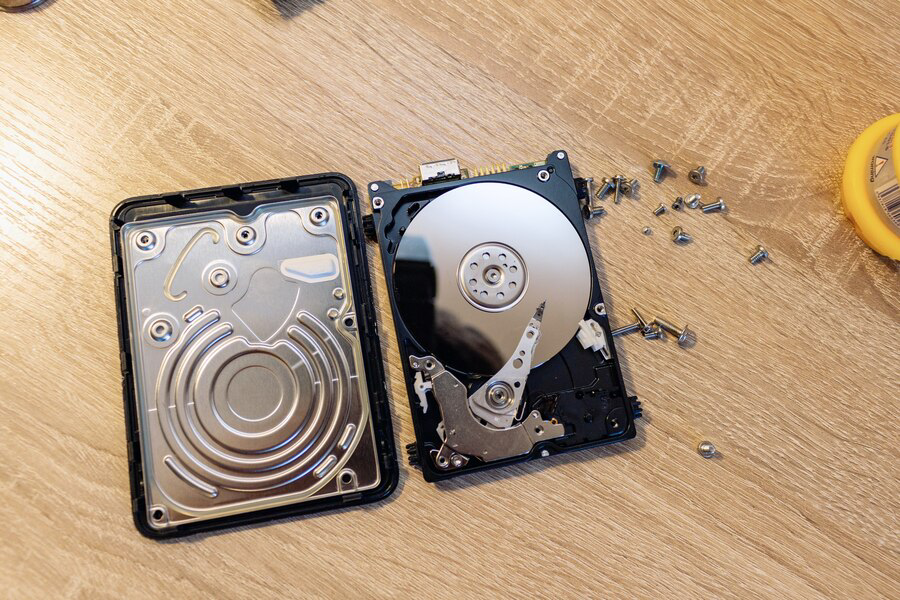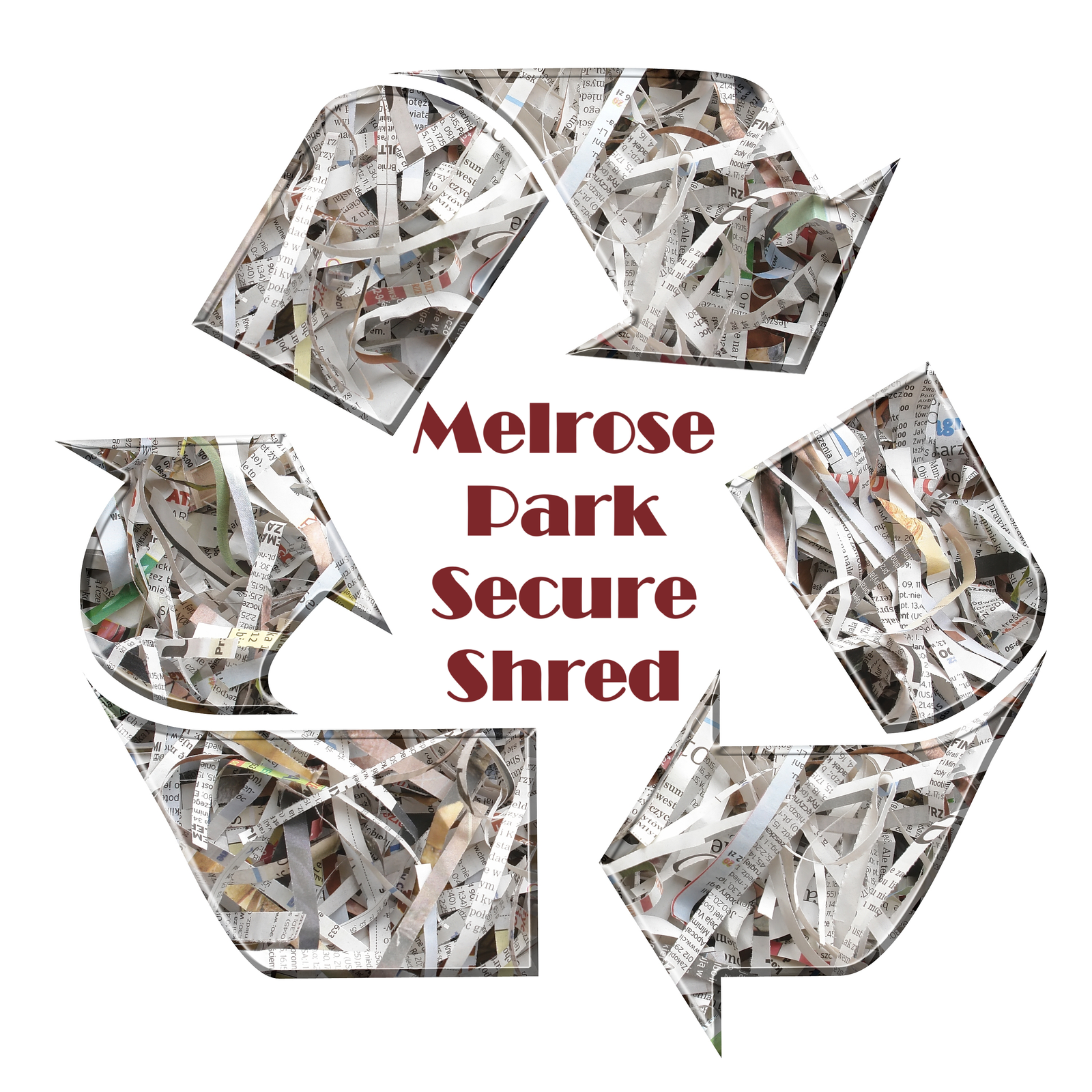Why Hard Drive Destruction is Essential for Safeguarding Your Business Data
In today’s digital age, data security is paramount for businesses of all sizes. While much attention is given to cyber threats and online breaches, one aspect that often goes overlooked is the physical security of data stored on hard drives. Whether it’s financial records, customer information, or proprietary data, the consequences of a data breach can be catastrophic. That’s why hard drive destruction should be a top priority for your business. In this blog, we’ll explore the importance of securely disposing of old hard drives and the risks of neglecting this crucial aspect of data security.
Understanding the Risks: Why Hard Drive Destruction Matters
Businesses rely heavily on digital systems to store and manage sensitive information, understanding the risks associated with inadequate data disposal is crucial. Hard drive destruction is a critical aspect of data security that often gets overlooked. Failing to properly dispose of old hard drives can leave businesses vulnerable to data breaches and compromise confidential information. Whether it’s financial records, customer data, or proprietary information, the consequences of a breach can be severe, leading to financial loss, reputational damage, and even legal ramifications.
The Growing Threat: Why Businesses Need to Prioritize Data Security
As technology continues to advance, so do the methods employed by cybercriminals to access and exploit sensitive data. The growing threat of data breaches underscores the importance of prioritizing data security within businesses of all sizes. Hackers are constantly devising new ways to infiltrate networks and steal valuable information, making it imperative for organizations to implement robust security measures. By prioritizing data security and investing in measures such as hard drive destruction, businesses can mitigate the risk of breaches and safeguard their sensitive information.
Compliance Matters: Legal Obligations for Secure Data Disposal
Beyond ethical and practical considerations, businesses contend with legal obligations concerning secure data disposal. Regulatory bodies like HIPAA, GDPR, and industry-specific regulations mandate strict requirements for handling and disposing of sensitive data. Non-compliance can incur hefty fines and legal repercussions. Prioritizing compliance and adopting secure disposal practices are imperative for mitigating regulatory risks and ensuring legal adherence. By proactively addressing these obligations, businesses not only safeguard themselves from penalties but also foster trust with stakeholders and demonstrate a commitment to ethical data management practices.
Environmental Impact: The Importance of Responsible Hard Drive Disposal
In our environmentally conscious world, the responsible disposal of electronic waste, including hard drives, is crucial. Improper disposal methods like landfilling or incineration can lead to significant environmental consequences, including soil and water pollution, as well as habitat destruction. By opting for responsible disposal methods such as recycling or certified destruction services, businesses can significantly reduce their environmental footprint and contribute to sustainable practices. Additionally, supporting recycling initiatives helps conserve valuable resources by recovering materials from old hard drives and diverting them from landfills, thereby promoting a circular economy and fostering a healthier environment for future generations.
Hidden Dangers: Risks Associated with Improper Hard Drive Handling
Improper handling of hard drives poses hidden dangers that can compromise data security and expose businesses to risk. Simply deleting files or formatting drives is not enough to ensure data is permanently erased. Without proper destruction methods, data can still be recovered using specialized software, leaving businesses vulnerable to breaches. Recognizing the risks associated with improper hard drive handling is the first step toward implementing robust data disposal practices.
Data Breach Fallout: The Costly Consequences for Businesses
The fallout from a data breach can be devastating for businesses, both financially and reputationally. In addition to direct financial losses resulting from theft or fraud, businesses may also incur significant costs associated with legal fees, regulatory fines, and remediation efforts. Moreover, the reputational damage resulting from a breach can erode customer trust and loyalty, leading to long-term consequences for the business. By prioritizing data security and implementing proactive measures such as secure data disposal, businesses can mitigate the risk of breaches and minimize the potential fallout.

Protecting Your Reputation: How Secure Data Disposal Builds Trust
Trust is paramount for businesses seeking to maintain a loyal customer base and attract new clients. A single data breach can have far-reaching consequences for a business’s reputation, eroding trust and damaging relationships with customers and partners. By prioritizing secure data disposal practices, businesses can demonstrate their commitment to protecting sensitive information and building trust with stakeholders. Investing in robust data security measures not only protects the business from breaches but also enhances its reputation as a trustworthy custodian of data.
Safeguarding Sensitive Information: Best Practices for Hard Drive Destruction
Implementing best practices for hard drive destruction is essential for safeguarding sensitive information and mitigating the risk of data breaches. Simply discarding old hard drives without proper disposal methods leaves businesses vulnerable to unauthorized access and exploitation of confidential data. Secure destruction methods such as shredding or degaussing ensure that data is permanently rendered inaccessible, reducing the risk of breaches. By incorporating these best practices into their data disposal protocols, businesses can effectively protect sensitive information and uphold data security standards.
The Lifecycle of Data: Ensuring Secure Disposal at Every Stage
Throughout its lifecycle, data passes through various stages, from creation and storage to eventual disposal. Ensuring secure disposal at every stage is essential for maintaining data security and compliance with regulatory requirements. From the moment data is no longer needed, businesses must implement secure disposal methods to prevent unauthorized access and minimize the risk of breaches. By adopting a comprehensive approach to data lifecycle management, businesses can effectively protect sensitive information and mitigate the risk of data breaches.
Preventing Data Leakage: Strategies for Effective Data Destruction
Preventing data leakage is a paramount concern for businesses striving to maintain the security of their sensitive information. Implementing effective data destruction strategies is key to safeguarding against the risk of data breaches and unauthorized access. By employing secure methods such as shredding or degaussing, businesses can ensure that data stored on hard drives is irreversibly destroyed, minimizing the risk of leakage. Additionally, establishing clear protocols and procedures for data destruction and regularly auditing compliance with these measures can further enhance security and mitigate the potential for data leakage.
The Anatomy of a Hard Drive: Understanding Vulnerabilities
To effectively protect sensitive information, it is essential to understand the vulnerabilities inherent in hard drives. From physical vulnerabilities such as susceptibility to damage or theft to digital vulnerabilities such as the risk of data recovery after deletion, hard drives present numerous potential points of weakness. By gaining a comprehensive understanding of the anatomy of a hard drive and the various ways in which data can be compromised, businesses can develop more robust security measures to mitigate these vulnerabilities and protect their data effectively.
Risk Assessment: Evaluating Your Business’s Data Security Protocols
Conducting a thorough risk assessment is an essential step in evaluating your business’s data security protocols and identifying potential vulnerabilities. By systematically assessing factors such as data sensitivity, storage methods, access controls, and disposal procedures, businesses can gain insight into their overall security posture and identify areas for improvement. Additionally, conducting regular risk assessments enables businesses to adapt their security measures to evolving threats and ensure ongoing compliance with regulatory requirements.
Budgeting for Security: Why Hard Drive Destruction Is Worth the Investment
While implementing robust data security measures requires investment, the cost of a data breach far outweighs the expense of preventive measures such as hard drive destruction. By budgeting for security and allocating resources to initiatives such as secure data disposal, businesses can effectively mitigate the risk of breaches and minimize the potential financial and reputational damage associated with data loss. Investing in hard drive destruction not only protects sensitive information but also demonstrates a commitment to data security that can enhance trust and confidence among customers and stakeholders.
Staying Ahead: Emerging Trends in Data Security and Destruction
As technology evolves and cyber threats continue to proliferate, staying ahead of emerging trends in data security and destruction is essential for businesses seeking to maintain the integrity of their sensitive information. From advancements in encryption and authentication technologies to new regulations governing data privacy and security, staying abreast of emerging trends enables businesses to adapt their security measures accordingly and mitigate the risk of breaches. By remaining proactive and vigilant, businesses can stay ahead of evolving threats and protect their data effectively.
Employee Training: Cultivating a Culture of Data Security Awareness
Employees play a crucial role in maintaining data security within an organization, making comprehensive training programs essential for cultivating a culture of data security awareness. By educating employees about the importance of data security, common threats, and best practices for safeguarding sensitive information, businesses can empower their workforce to recognize and respond effectively to potential risks. Additionally, regular training sessions and awareness campaigns reinforce the importance of data security and encourage employees to prioritize security in their day-to-day activities.
Choosing the Right Partner: Finding a Reliable Hard Drive Destruction Service
When it comes to secure data disposal, choosing the right partner is paramount. Partnering with a reliable hard drive destruction service ensures that sensitive information is securely and irreversibly destroyed, minimizing the risk of data breaches and unauthorized access. When selecting a provider, businesses should consider factors such as certifications, compliance with industry standards, and track record of reliability and customer satisfaction. By choosing a trusted partner for hard drive destruction, businesses can have confidence that their sensitive information is handled securely and in accordance with best practices.
In conclusion, prioritizing hard drive destruction is imperative for businesses to uphold data security and mitigate the risks of breaches and data leakage. By understanding the importance of responsible disposal methods and the environmental impact of electronic waste, businesses can make informed decisions to safeguard sensitive information and contribute to sustainable practices. If you have any questions or would like to learn more about implementing secure data disposal practices for your business, please don’t hesitate to contact us. Our team of experts is here to provide guidance and support in ensuring the integrity of your data and protecting your business from potential threats.
